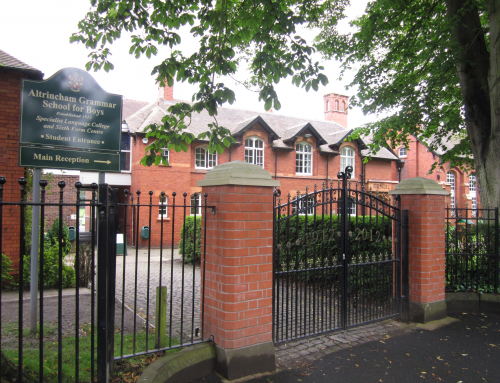New research shows wealthy families are far more likely to secure places at top schools. A major study from the University of Bristol has revealed that pupils from affluent households are 43% more likely to attend a highly effective secondary school than pupils from lower-income families.
The researchers found that most secondary schools use geography-based admissions criteria, such as catchment areas and distance. This can mean that desirable schools come with a house-price premium – and families who cannot afford to move are locked out.
This problem was evident from the data collected for our Fair Admissions Advisor project, where our analysis showed that many schools admit far fewer disadvantaged pupils than live in their surrounding neighbourhoods. Grammar schools remain the most socially selective schools in the country, often admitting only 5–6% Free School Meals pupils despite serving areas with much higher disadvantage. Faith schools are also among the least inclusive schools, in many cases. However, many schools with simple catchment area or distance admissions are also admitting fewer free school meals pupils than we’d expect. This is often due to pockets of high priced housing around popular schools.
“Pupils living in poorer neighbourhoods lose access to the most effective schools, while pupils in richer areas are hugely favoured,” — Prof Simon Burgess
The Bristol researchers modelled simple ways to make admissions fairer. Their most effective proposal was to give priority to pupils eligible for Free School Meals for a proportion of school places. They found that giving FSM priority for just 15% of places:
-
Raised disadvantaged pupils’ access to top schools by 16%
-
Reduced admissions inequality by 17%
-
Left 94% of families receiving the same school as they would now
In other words: a small, practical change could create change for thousands of children from low income families.
England’s admissions landscape has become increasingly fragmented. With over 90% of secondary schools their own admissions authority, families face a confusing system where fairness is not consistently monitored or enforced.
Comprehensive Future would like to see:
- A government review of school admissions
- Reform of all admission strategies that are known to cause unfairness
- The phasing out of selective grammar school systems, which entrench inequality
Fair access to good schools matters. Admissions policy can either widen the gap – or help close it. It’s clear which direction we need to take.





